The UCGHI Women’s Health, Gender, and Empowerment Center of Expertise (WHGE COE) is funding $2,500 fellowships to six graduate students to provide seed funding for research projects of their own design.
The six students represent UC Santa Barbara, UCLA, and UC Davis. Each student works with faculty mentors and will make a presentation about their projects at the COE’s fall retreat in Fall 2022.
The COE received 15 competitive applications from students from UC Berkeley, UC Davis, UCLA, UC Santa Barbara, and UC San Diego. Each proposal was reviewed by 2 peer reviewers, consisting of WHGE COE community members, faculty, and students.
Wafa Alawi
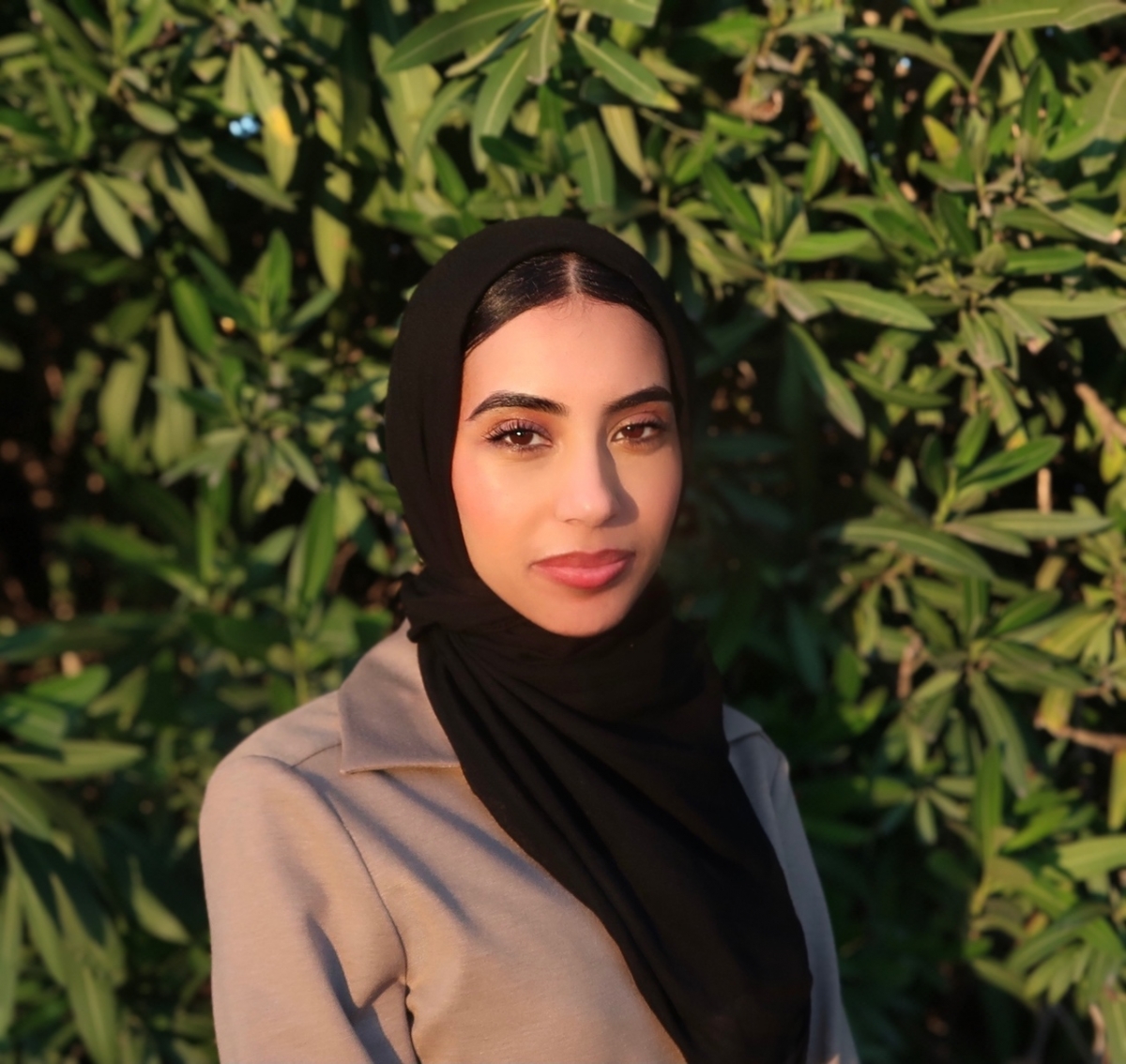 UC Berkeley
UC Berkeley
Refugee Health in Shu’fat Camp, Occupied East Jerusalem
Wafa Alawi is a first-year MPH student and Global Health Fellow at UC Berkeley. This summer, with the support of her partner organization- WCSHC, Wafa will conduct a descriptive analysis which aims to investigate health disparities among refugee and internally displaced Palestinian women residing in Shu’fat camp. Furthermore, she will interview WCSHC staff to gain a better understanding of the program’s objectives and whether these objectives are being met. This will allow the organization to redevelop aspects of their program in order to cater to the needs of the most medically vulnerable women.
Claire Amabile and Rujuta Sathe
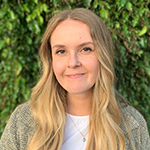
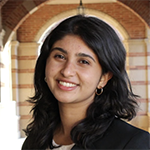
UCLA
A Student-Centered, Mixed-Methods Assessment of Reproductive and Gynecological Service Provisions offered by UCLA’s on-campus Arthur Ashe Women’s Health Clinic
Faculty Mentor(s): Dallas Swendeman, PhD, MPH and Jennifer Wagman, PhD, MHS
College is often a time when students begin to explore their sexual boundaries, putting them at risk of unintended pregnancy, childbirth, sexually transmitted infections and more. Therefore, it is necessary to evaluate students' experiences using on-campus sexual health services. Co-led by Claire Amabile and Rujuta Sathe, this study uses a mixed-methods approach to examine student perspectives on the affordability, accessibility, and quality of reproductive and gynecological care at UCLA’s Arthur Ashe Women’s Health Clinic (WHC). We plan to use the findings to advocate for the WHC to receive further resources and to center student voices in developing recommendations.
Darshna Anigol
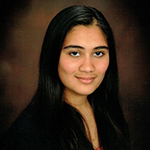 UC Davis
UC Davis
Impact of COVID-19 Pandemic on the Lives and Livelihood of Sex Workers and their Families in West Bengal, India
Faculty Mentor: Dallas Swendeman, PhD, MPH
I will be working with Dr. Swendeman, PhD, MPH as my faculty mentor as well as the organization Durbar Mahila Samanwaya Committee. The current year’s priority topic area will be the impact of COVID-19 on the lives and livelihoods of sex workers and their families in Kolkata, India from a collaborative mixed-methods study with UCLA. My particular interest is to look at the ways in which COVID-19 has impacted clientele, violence experienced by sex workers, and the impact on the children of sex workers.
Eva Levingston
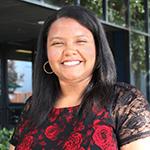 UCLA
UCLA
Creating a Public Health Leadership Pipeline for Young Women: Strengthening UCLA’s Partnership with Los Angles County Department of Public Health’s Youth Advisory Council
Faculty Mentor: Jennifer Wagman, PhD, MHS
This project aims to lessen the gender equity gap for young women of color in the public health workforce by generating evidence-based approaches for improving opportunities for young women. A series of focus groups will be conducted to assess influence the Los Angeles County Department of Public Health Youth Advisory Council (YAC) initiative has had on female-identified participants’ academic, professional, and personal achievements as well as their interest and intention to enter the public health field. Findings will be used to create strategies for making programmatic changes for the 2023 YAC cohort; recommendations for ongoing monitoring and evaluation and ensure ongoing partnership between UCLA FSPH and LADPH YAC.
Katherine Maldonado
 UC Santa Barbara
UC Santa Barbara
“Let us be the healing of the wound”: Child Welfare System Impacted Families and Mental Health
Faculty Mentor: San Juanita García, PhD, MS
The purpose of this study is to investigate the mental health impacts for Latina mothers in Southern California after involvement with the child welfare system. I interrogate health inequities through social determinants of health and life course frameworks. In an era of family separation and health crisis, I center the intersections of multi-institutional involvement such as criminal legal, child welfare, immigration, and public social service systems with relations to criminalization and health processes that impact family safety, wellbeing, and healing. WHGE COE grant will be used for data analysis and participant compensation for mothers in the study.
Sijia (Sisi) Peng
 UCLA
UCLA
Leveraging Big Data for Understanding Menstrual Stigma & Its Real-World Implications
Faculty Mentor: Martie Haselton, PhD
This summer, I will be working on "Leveraging Big Data for Understanding Menstrual Stigma & Its Real-World Implications." This project will incorporate my background in public health and communication to study menstrual health messages on Twitter and connect menstrual stigma to real-world health outcomes. I will be mentored by my faculty advisor Dr. Martie Haselton, a leading social psychologist on women’s sexuality and menstrual cycle, who is jointly appointed in the Departments of Communication and Psychology at UCLA.
